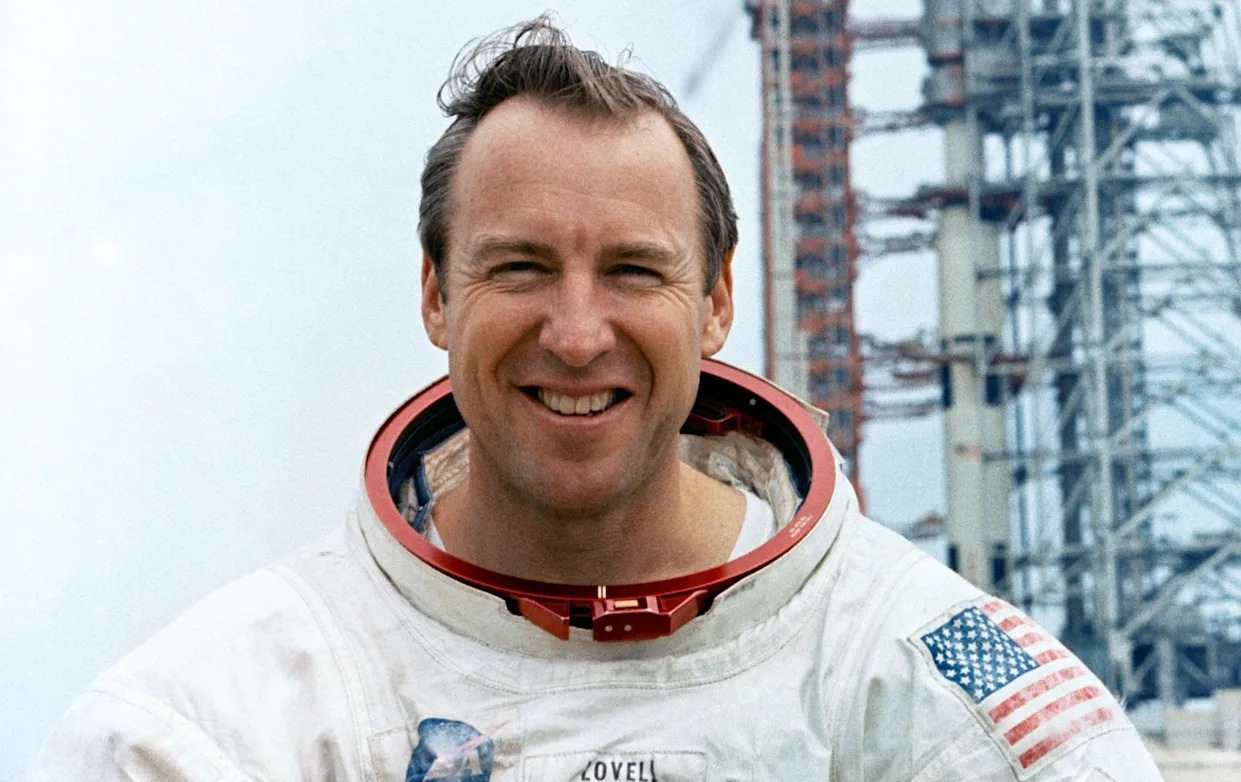Jim Lovell, Apollo 13 Commander Who Guided Crew Home, Dies at 97

James Arthur “Jim” Lovell, the astronaut who captained the perilous Apollo 13 mission and orchestrated its safe return to Earth, has died at the age of 97. His passing marks the end of an era for NASA and a poignant loss for those captivated by his remarkable story of resilience and ingenuity in the face of catastrophic adversity.
The April 1970 Apollo 13 mission, intended as America’s third lunar landing, transformed into a gripping drama when an oxygen tank exploded roughly 200,000 miles from Earth just 56 hours after launch. The incident occurred while soft music played in Mission Control at Houston, following earlier observations that Commander Lovell appeared to be “running a rest home” among his crew.
What ensued became a testament to human problem-solving and collaborative effort. Thousands of technicians across the U.S. aerospace industry worked tirelessly around the clock, devising solutions transmitted to the stricken spacecraft. The rescue hinged on repurposing the lunar lander’s systems, including its rocket engine, as an emergency “lifeboat” to slingshot Apollo 13 around the Moon and back toward Earth.
Prior to launch, a series of setbacks had already impacted the mission. Both Lovell’s young son and backup astronaut Charles Duke contracted measles, raising concerns about the health of the primary crew – Lovell, Ken Mattingly, and Fred Haise. While deemed immune based on childhood exposure, Mattingly was initially replaced by Jack Swigert due to his lack of immunity, a decision Lovell had attempted to challenge.
The explosion crippled Apollo 13, leading to the loss of its stored oxygen and disabling the command and service module, Odyssey. Initial assessments indicated that the lunar lander could only provide a fraction of the resources needed for survival, but engineers quickly developed and relayed critical techniques to the crew. Faced with plummeting temperatures and limited supplies, Lovell, Haise, and Swigert expertly managed their resources, powering up the lunar module for life support while conserving energy.
The spacecraft ultimately splashed down safely in the South Pacific Ocean. Following recovery aboard the aircraft carrier Iwo Jima, the astronauts were greeted by President Richard Nixon, who hailed the event as the most thrilling day of his presidency. Despite expressing a willingness to return to the Moon, none of the Apollo 13 crew received subsequent flight assignments.
Lovell’s career also included being the first man to orbit the Moon twice during the Apollo 8 mission. Born in Cleveland, Ohio, on March 25, 1928, he leaves behind a legacy as an exemplary leader and embodiment of courage under pressure, forever enshrined in the annals of space exploration. His story was famously portrayed in the 1995 film starring Tom Hanks, which garnered nine Academy Award nominations and won for Best Film Editing and Sound.









